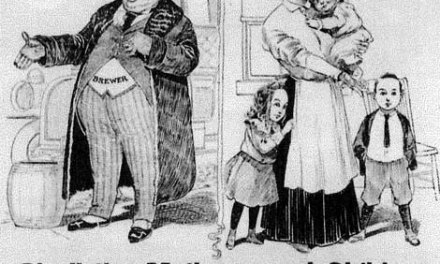That’s one of the slogans the ad agency came up with for our state’s new, improved anti-drunk driving campaign, launched in the wake of cannabis legalization. I like the sense of humor. You might enjoy some of the videos that will accompany the campaign:
New cannabis industry means new public safety messages
Some years ago, when I was called for jury duty – I’m never picked, by the way, cannot imagine why not – I noticed that the prosecutors had to call for a show of hands when it came to how many in the jury pool felt they “would be able to” vote to convict someone for driving under the influence, if the drug in question was marijuana alone. Less than half raised a hand. The rest, I assume, weren’t fully convinced that smoking pot, without alcohol or some other substance, could sufficiently impair someone’s ability to safely operate a motor vehicle.
Now that surprised me. What about all the research that had been done over the years, to show that cannabis does in fact interfere with driving performance? What about all the public education campaigns that were supposed to carry that message to the waiting public? Were they somehow not convincing enough? Did folks simply not believe it?
I don’t have the answer. I do know that we now have evidence that legalization of recreational cannabis by a state government does impact the rate of traffic accidents. It may take a while to show up in the accident statistics, but it’s there.
In Colorado, for instance, retail cannabis sales were approved in 2014. Just four years later, the Department of Transportation reported an increase in both accidents and fatalities where cannabis was present. Worse still, some 13% of those involved in fatal accidents tested positive for cannabis. In 2018, 1 in 8 DWI arrests involved cannabis. That’s based on a sample of more than 26,000 arrests.
Our state, having legalized cannabis for recreation as well as having one of the larger medical marijuana programs in the US, is now planning to rely on ability of the traffic officer to recognize that someone is intoxicated, without benefit of a cannabis test. To ensure the officers are competent to do so, they’re required to successfully complete a certification course as a Drug Recognition Expert (DRE). Instruction will be available through the International Association of Chiefs of Police (IACP). Here’s a link to the organization website, outlining the program and its requirements:
DRE Training Process and its Prerequisites
I’m curious how well that sort of assessment will stand up in criminal court. I’m told one of the motivations for developing a reliable breath test for alcohol was to avoid some of the more ingenious challenges from defense attorneys. I guess I assumed that by now there’d be a reliable test of one sort of another, as discussed a while ago in this post.
Guess not. Appears we’re going ahead anyway.
Good luck to us, huh?













